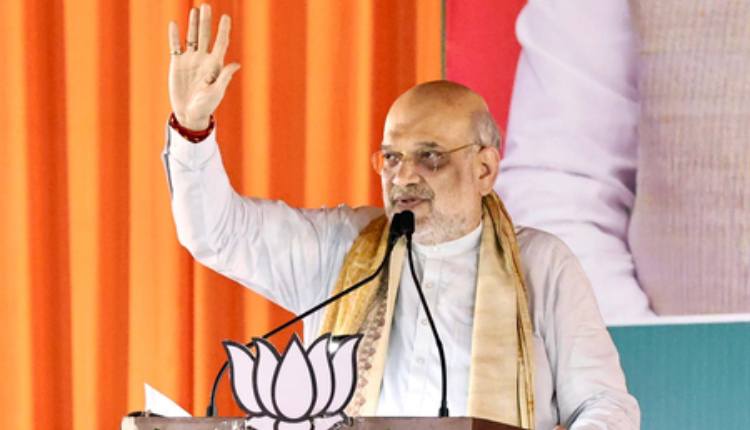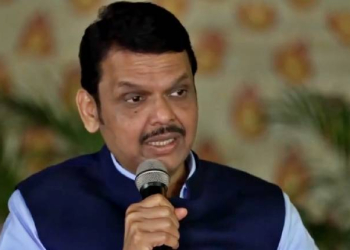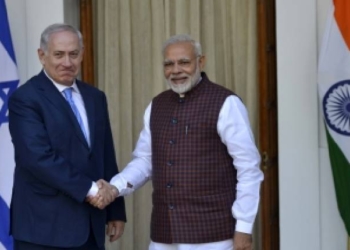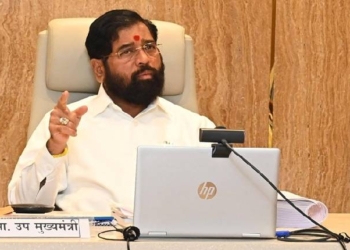New Delhi: In a fiery exchange that has set the tone for the upcoming Bihar Assembly elections, Union Home Minister Amit Shah has launched a scathing rebuke of Congress leader Rahul Gandhi, accusing him of insulting not merely Prime Minister Narendra Modi, but the revered deity “Chhathi Maiyya” and her devotees.
HM Shah declared while speaking to a news channel programme, “Rahul Gandhi has not insulted PM Modi, but he has insulted Chhathi Maiya and her devotees. He will suffer the adverse consequences of this in the Bihar elections.”
The Home Minister’s remarks came in response to Gandhi’s jibe at a public rally, where he said that PM Modi would “dance on stage” if it meant garnering votes. HM Shah, visibly indignant, asserted that Gandhi’s comments were not only derogatory but emblematic of a pattern.
“Rahul spoke about PM Modi in a derogatory manner and insulted his mother, but every time he has done this, the lotus has bloomed from the mud of lowered standards,” he said, invoking the BJP’s symbol with poetic flourish.
Addressing the poll rally in Bihar, the Congress leader also remarked, “If Modi ji wants to do drama, wants to do drama of Chhath Puja, then water will come, video cameras will come”.
The controversy stems from Gandhi’s rhetorical flourish in Bihar, where he urged voters not to be swayed by what he termed Modi’s “drama,” suggesting the Prime Minister would resort to theatrics for electoral gain.
The BJP has seized upon this, framing it as an affront to the cultural sanctity of “Chhath Puja” and the dignity of Bihar’s electorate.
BJP strategist Pradeep Bhandari added fuel to the fire, accusing Gandhi of “mocking voters and Indian democracy,” and likening his tone to that of a “local goon.” He further alleged that Gandhi had “openly insulted every poor person of India and Bihar who voted for Prime Minister Narendra Modi.”
The row has ignited a fierce political debate, with the BJP rallying around cultural pride and the Congress doubling down on governance critiques. As Bihar braces for the ballot, the battle lines are drawn—not just on policy, but on the emotive terrain of faith, identity, and political culture.
(IANS)
















